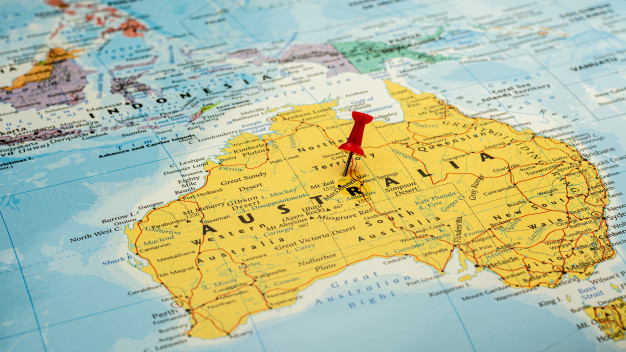After the country confirmed its first case of the covid-19 variant type Omicron, Australia’s border reopening will be delayed by two more weeks.
After the first cases of the new variant was detected on November 28, Australian PM Scott Morrison announced on November 29 that the country will defer the reopening of Australia to international skilled and student cohorts, along with humanitarian, working holidaymakers, and provisional family visa holders, from December 1 to December 15.
Both the passengers who arrived in Sydney on November 27 in the evening were tested positive for Covid-19 late that night, according to health officials in New South Wales (NSW), the most populous state in the country.
Genome sequencing verified the Omicron variation on November 29. According to the press reports in Australia, a third case is being investigated, and Victoria is also looking into a suspected case.
According to Australian Chief Medical Officer, Paul Kelly, existing research suggests that Omicron is likely more communicable than other strains but may not be any more vaccine-resistant.
“What we do know, the two cases that have so far been diagnosed in Australia — and there may be more – but at the moment two, both young people, both from South Africa, both fully vaccinated, asymptomatic,” Kelly said.
“We need to see whether that is actually the characteristic of this virus. Of course, if it is, that’s very reassuring, but it’s too early to definitely say that.”
According to the press release, the reopening to travellers from Japan and the Republic of Korea will be postponed until December 15.
PM Morrison said: “The temporary pause will ensure Australia can gather the information we need to better understand the Omicron variant, including the efficacy of the vaccine, the range of illness, including if it may generate more mild symptoms and the level of transmission.”
With the exception of fully vaccinated Australian citizens, permanent residents, and immediate family, as well as fully vaccinated green lane travellers from New Zealand and Singapore and restricted exemptions, Australia’s border is already closed to all but fully vaccinated Australian citizens, permanent residents, and immediate family.
According to the press statement, all arrivals to Australia must also have a negative PCR test and fill out Australian traveller declaration forms that specify their vaccination status and clarify requirements to adhere to state and territory public health regulations. Anyone who is not an Australian citizen or permanent resident, or their immediate family, including parents of citizens, and who has been in African countries where the Omicron variant has been detected and spread – within the last 14 days – will be unable to enter Australia, as per the latest news.
South Africa, Namibia, Zimbabwe, Botswana, Lesotho, Eswatini, Seychelles, Malawi, and Mozambique are the countries on the list. As a precautionary measure, the federal government would halt all flights from the nine southern African countries for a period of 14 days.
New South Wales and Victoria have already begun testing and 72-hour isolation restrictions for Australian nationals, permanent residents, and direct family members coming into the country under state public health measures.
In other states, a regulated quarantine period of 14 days is required, and traveller caps are in effect. The Australian government’s quarantine facility in Darwin, Howard Springs, is open every two weeks to assist returning Australians. Morrison has scheduled a National Cabinet meeting for tomorrow to examine the Omicron version and Australia’s response in more detail.
The repatriation of overseas students alone, according to Reuters, is worth around 35 billion Australian dollars each year to the Australian economy.
Read all the Latest News here. Follow us on Facebook, Twitter, and LinkedIn.


















Add comment